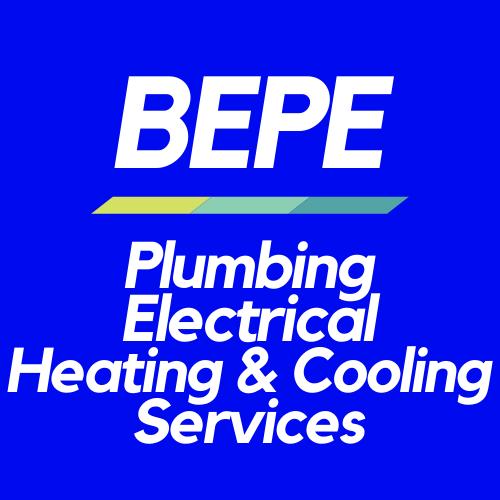How to Remove and Prevent Limescale
Calcium carbonate and magnesium bicarbonate can accumulate as limescale in your pipes, hot water heaters, and any other water-using device, including kettles, dishwashers, washing machines, taps, and shower screens. This buildup is caused by hard water in your home and can only be solved by calling Drain Cleaning Plumbers in Melbourne.
Is my water hard?
If you have hard water, you can tell quite quickly. Is there a white, grainy buildup in the bottom of your kettle that occasionally appears in your tea? Regardless of how much shampoo you use, you have difficulty creating a good lather. When the water dries, there are white stains on the shower glass no matter how often you clean it. You have hard water.Why are hard water and limescale problems?
Limescale buildup may reduce the efficacy of your plumbing and appliances over time and perhaps cause permanent harm, which ultimately needs help from an Electrical And Plumbing Service In Melbourne. Limescale may eat into the surface of your shower screen or taps if left untreated, creating unattractive markings that are impossible to remove. Buildup in your pipes can reduce water pressure and the efficiency of hot water heaters and kettles.Limescale Removal
You may use a variety of items to help eliminate limescale buildup in your plumbing, appliances, and damp places.Washing machines and dishwashers:
Place roughly a cup of descaler in the bottom of your appliance and run a hot, empty cycle. As it is rinsed away, this will not only clean the machine but also the pipes "downstream." If you’re not able to remove it, call drain cleaning plumbers.Shower Glass and Tiles:
To get rid of any soap scum, mould, or mildew, scrub your shower with Bathroom Maintainer while wearing gloves. Next, clean with descaler, let it stay for a few minutes, then scrub with a soft pad before rinsing with hot water. Utilize a delicate cloth to dry.Taps, sinks, and toilets:
Once more, begin by thoroughly cleaning everything with Bathroom Maintainer or All-Purpose Cleaner. Then, while wearing gloves, descale the sink. Pour a cup of descaler into the toilet's cistern and bowl, then wait 10 to 15 minutes before flushing. After using descaler, always thoroughly rinse and dry the area you have just cleansed. If this task is hectic for you, get help from an electrical and plumbing service in Melbourne.Kettles and coffee makers:
Be careful with the materials you use because you are consuming whatever comes out of your kettle. A 50/50 mixture of water and vinegar should be added to your kettle, and after approximately an hour, it should come to a boil. Rinse well to remove any vinegar flavour from your tea. Try again if the first attempt is unsuccessful. If not, it might be time to buy a new kettle.Plumbing:
This one is a little more difficult. Anything downstream of the appliances you've repaired will benefit, but you might need drain cleaning plumbers' help with the hot water heater and the taps entering the house. Your best choice is to instal a water softener if the buildup has not yet caused issues. Always wipe dry any moist surfaces in your home to keep limescale to a minimum. The minerals that create limescale are removed by draining the water, which lowers the probability of recurrence.How to prevent limescale?
How can you make sure you won't have to do all of this again once you've eliminated the limescale from all of your plumbing, home appliances, and surfaces? Using a water softener is a simple solution. A small pipe that you instal in your plumbing at or close to the water metre is a water softener. Each is somewhat different, but they all work to filter out the minerals that cause limescale in water before it even gets to your house. The issue is resolved.A Few Quick Tips to Avoid Limescale Buildup
Limescale accumulation may be avoided with ease, according to expert drain cleaner plumbers. A quick solution is to soften the hard water that enters your home through pipes and faucets. Depending on the item in issue, you can achieve this in a number of ways: Add a liquid or powdered water softener to the washing machine.- Pipes: To prevent minerals from creating limescale, magnetic descalers clamp onto the outside of pipes.
- Showerheads and faucets: Carbon water filters can be used to reduce hardness.
- Water supply: Use a water softener for your water supply. This will shield your entire home from limescale, saving appliance damage in the process.
- Appliances: To avoid the buildup of limescale in hard water locations, some people opt to solely use bottled water in their kettles and irons.
